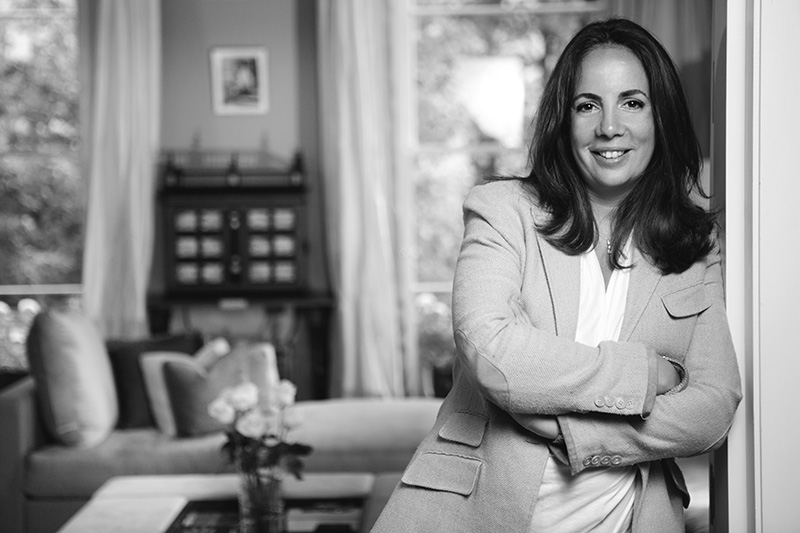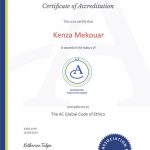
Most of us are usually more prepared to answer questions about the job itself but not as much about ourselves. When you reach interview stage, candidates are more or less equivalent in experience and abilities. The big differentiator factor is the individual itself: its behaviour, story, and attitude! And how it all fits together within the company culture.
I have been working as a recruiter for over 8 years and I have been asking all type of questions but it seemed that these questions are the ones who can break or make a candidate shine.
There are no right or wrong answers but you should BE PREPARED and able to answer all of them truthfully and in a confident and articulate manner. So the one and only advice I give to my clients after hours of preparations and coaching is: BE YOURSELF.
For the preparation bit, here is some help:
1 – What do you think we have to offer you?
I think this is one of the most important questions. The employer wants to hear your story. They are trying to test your fit for the role and understand why you are really interested in joining. They want the real story behind the obvious. They want the back-story. Is this a stepping-stone? Are you here just because you need a job, any job? Why are you picking this role in particular? What does it say about you?
To best answer to this, is using the key characteristics of the company/ job as reasons why. Be cautious when citing advancement and great development as a reason – The company usually wants you in the job, the role description states and offering the ability to progress is important, but don’t exaggerate it or they may think you’ll be unhappy performing the immediate job.
2 – Why should we hire you?
This is the time to tell the employer the best 3 or 4 points about you – Your unique selling points.
You need to train and practice a 30 second answer covering your ability /achievements and skills you offer with real examples with ability to progress.
The interviewer will already have read your CV, so don’t just re-gurgitate what’s already known. Think about the job description and explain a couple of projects, examples or pieces of work that demonstrate you have the skills to over perform.
3 – What are your weaknesses?
Please be honest and be original. Recruiters and employers are used to hearing “false” weaknesses like “I’m a perfectionist”. You need to say first that you recognize/ are aware of your weaknesses as areas of development and everything you are doing to work on them. This is a great opportunity to say that you are on a coaching programme or in a training course to address these.
4 – What would your friends say about you?
Again, you have probably by now answered lots of questions about your skills and experience. The focus now is on you: your personality trait, attitudes and personal story. Be prepared and make a list- honest, enthusiastic, dependable, responsive, good organiser, resilient, sociable, hard-working, punctual, sense of humour, (etc).
5 – Describe your first week in the job if you are successful.
This is a theoretical question many companies ask. It is vital your answer is both accurate and realistic.
For example, if the company has a structured training scheme you could suggest that your first step would be to familiarize yourself with it and see if there was anything to do, before you start, to prepare yourself for the training.
Getting to know all the key colleagues connected with the area of work you will be involved in is a good answer, demonstrating you will take the initiative to learn and meet people. Meeting first with your manager and understanding his expectations and your objectives in the first months is important as well. Again, this question is more about you as a person than your experience and skills.
Good luck and for more tips on getting prepared, check this link
You may look for career change opportunities on Jooble






Very good article, some times this type of questions about our own person seems obvious, so not well prepared, and not taking them into account for an interview could be fatal…. thanks.